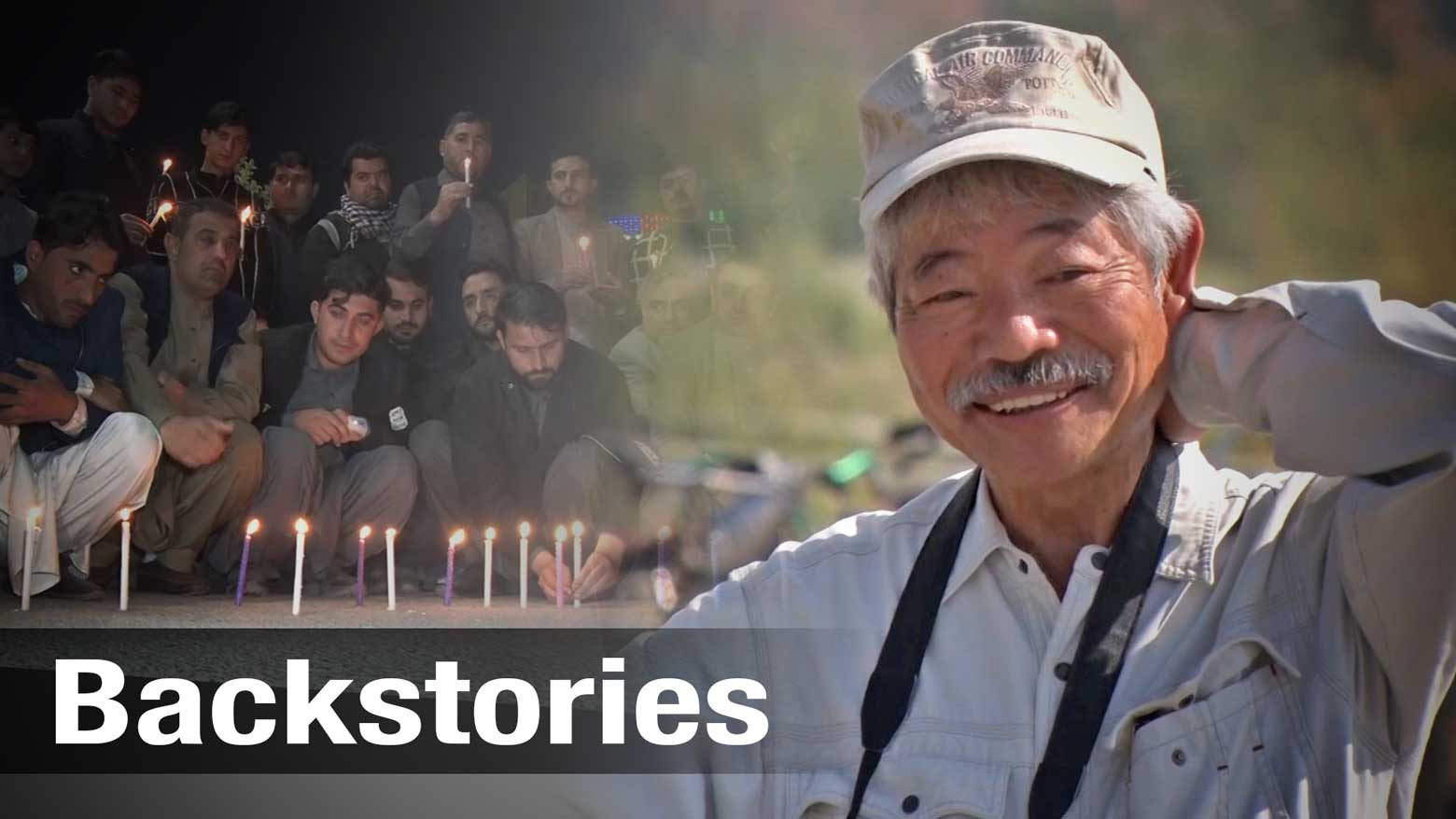Tetsu Nakamura ran Peshawar-kai, which began as a medical aid organization but shifted its focus to irrigation work.
The Fukuoka-born doctor moved to Pakistan in 1984, helping leprosy patients there and in neighboring Afghanistan.
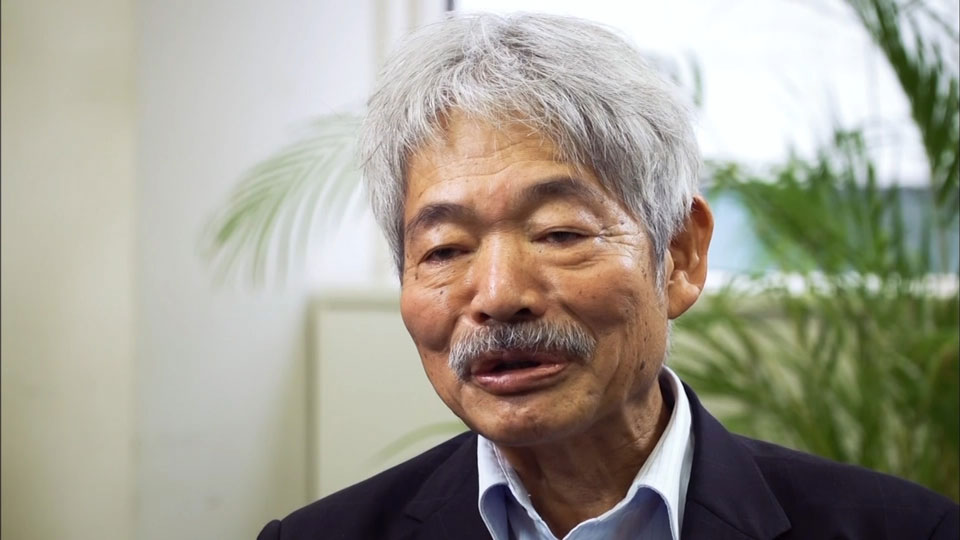
In 2000, Afghanistan was hit by a serious drought and famine and Nakamura realized that medical aid alone was not enough to solve the country's problems. He began focusing on building irrigation systems to revive the agricultural industry.
"Drugs cannot cure hunger or thirst. So I decided to go beyond the narrow field of medicine and work to ensure that people can have enough food and water. It was a big shift."
His time in Afghanistan was full of challenges. In 2008, Peshawar-kai member Kazuya Ito was kidnapped and killed by militants. But Nakamura refused to let the killing stop his mission.
One of his main projects was a 25-kilometer irrigation canal in eastern Afghanistan. It helped to revitalize 16,000 hectares of farmland and brought food security to 600,000 people.
His work won him high accolades. He received the Ramon Magsaysay Award for Peace and International Understanding, widely seen as the Asian equivalent of the Nobel Prize, in 2003. Less than two months ago, Afghan President Ashraf Ghani made him an honorary citizen, a first for a foreigner.
"Dr. Nakamura has spent over 20 years helping Afghanistan and brought old Japanese methods of harnessing water and adjusting it to Afghanistan," he said.
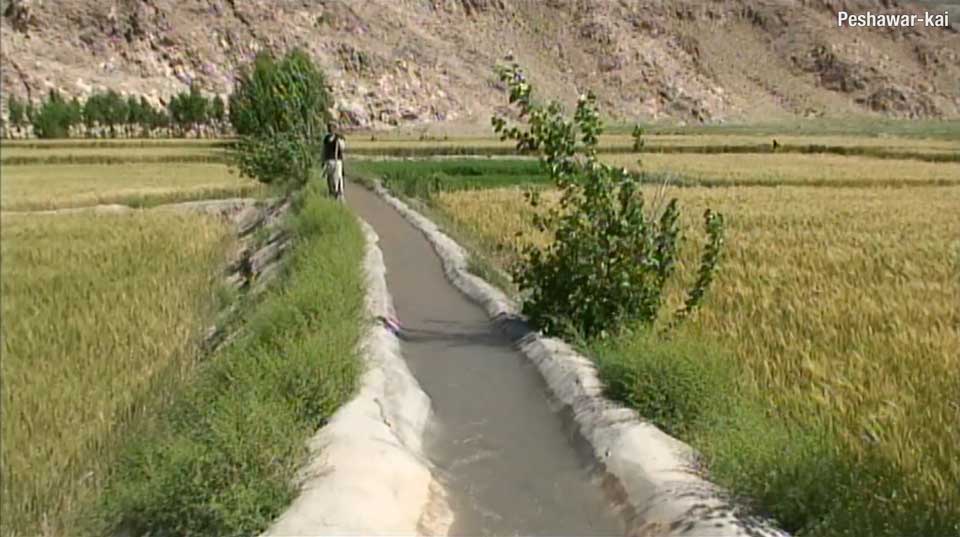
Nakamura's car was attacked by unidentified gunmen in the provincial capital Jalalabad on Wednesday. He was taken to a local hospital, but later pronounced dead.
No one has claimed responsibility for the killing. But police in the eastern Afghan province of Nangarhar say they believe it was carried out by three or four men and may have been pre-meditated.
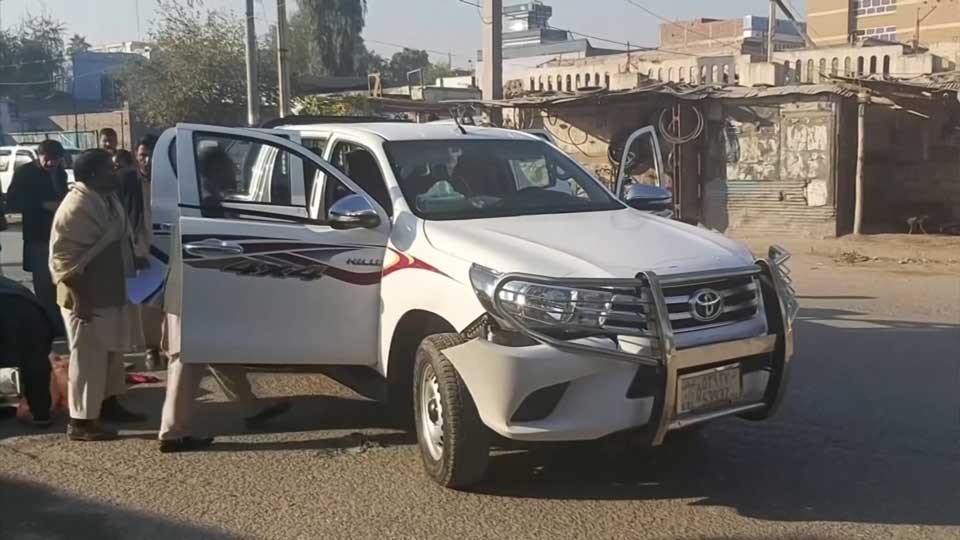
People in Afghanistan have been lighting candles to mourn the late doctor. A farmer in his 40s said Nakamura had helped them protect their farmland from flooding. He said he is so sorry to learn of his death.
The Afghan Embassy in Tokyo issued a statement on its website along with a photo showing Nakamura and Afghan President Ashraf Ghani together. It reads, in part:
We are deeply saddened to hear the news that Doctor Tetsu Nakamura has died in hospital... Dr. Nakamura was a great friend of Afghanistan and dedicated his life to changing the lives of Afghans. His dedication and ceaseless efforts improved the irrigation system and transformed traditional agriculture in eastern Afghanistan.
The US Embassy in Afghanistan tweeted that the killing was "a senseless attack":
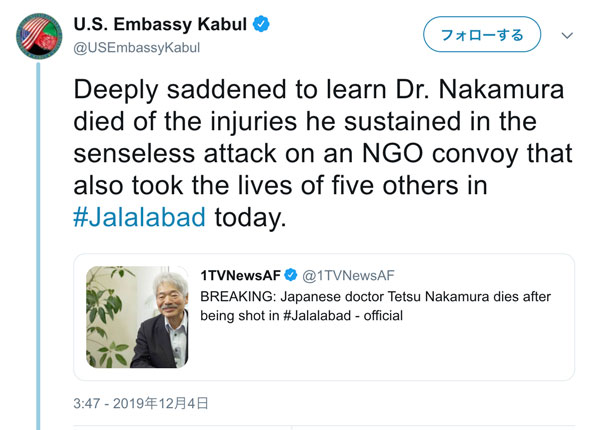
The United Nations office in Afghanistan also condemned the attack:
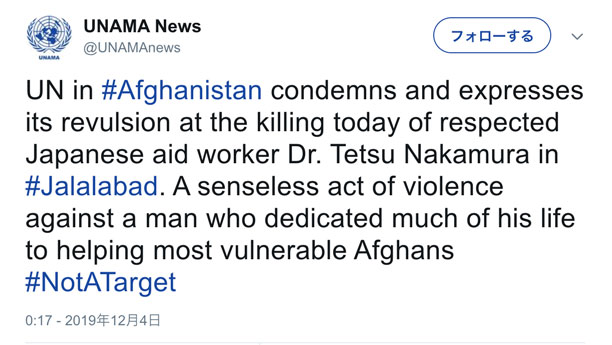
The news was also a painful blow to the parents of Kazuya Ito.
"I felt as if my son was killed again. We were in deep grief since we saw the news," said Ito's mother. "
Ito's father said he hopes the people of Afghanistan don't throw away the hard work of his son and Dr. Nakamura.
